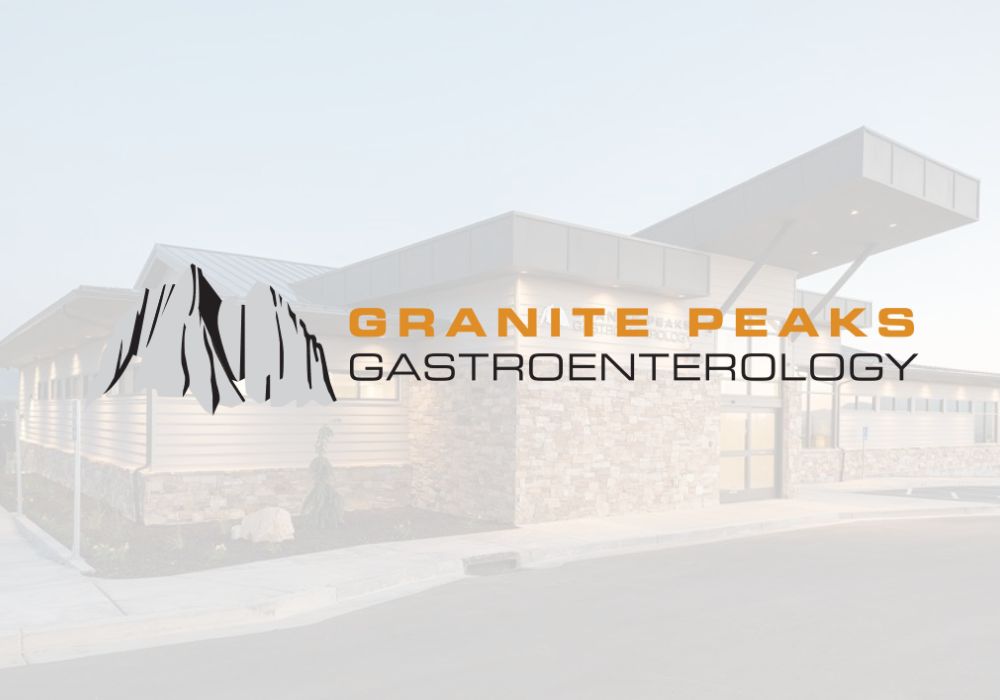A colonoscopy is a simple procedure during which a gastroenterologist uses a Colonoscope to view the entire colon of a patient. This procedure may be used for diagnosing various gastrointestinal disorders, such as colon polyps, colon cancer, diverticulosis, inflammatory bowel disease, rectal bleeding or abdominal pain.
The unique benefit of having a colonoscopy colon cancer screening is that the test is also the treatment for colon polyps. While the gastroenterologist is viewing the colon, they remove polyps before they have a chance to grow and develop into cancer.
What to Expect Before Your Colonoscopy
The bowel prep is what most patients dread the most, and it’s actually quite simple. For most people, not all, they will be on a clear liquid diet the day before their procedure. They will begin drinking the first dose of bowel prep (in most cases, a tasteless powder mixed with the clear liquid of your choice) between 4-5:30pm that evening. After spending some time in the bathroom, you should be able to get some sleep, waking up 4 hours before your appointment to drink the second half of your bowel prep. Here are some other expectations you should have before your colonoscopy:
- Plan for your driver to remain at the facility during your procedure
- Plan to be at our facility for approximately 2 hours
- Complete paperwork
- Nurses will admit you and place your IV
- Meet your procedure team – Doctor, CRNA, Technician
- Your Certified Registered Nurse Anesthetist (CRNA) will sedate you using Propofol
What to Expect During Your Colonoscopy
Our gastroenterologists use a flexible instrument with a light and miniature camera on the tip, called an endoscope. The “scope” is placed in the rectum and advanced through the colon. The camera displays magnified images on the TV for your gastroenterologist to evaluate while performing the colonoscopy. Miniaturized instruments can be inserted through the scope to obtain biopsies of the colon, remove polyps and to help diagnose or treat your condition. Bonus: a hemorrhoid banding is required, it can be done at the end of your procedure, while you are still sedated.
What to Expect After Your Colonoscopy
- You will awaken in the recovery area where your driver may join you, if you wish
- You’ll need to pass gas – do this as much as possible to prevent cramping
- Your doctor will discuss his/her impressions of the exam
- Your nurse will discuss discharge instructions with you
- Dress, go home and EAT (unless your doctor instructed otherwise)
- Any biopsies taken will be sent to a lab for evaluation
- Expect Lab Results in 7-14 days, depending on the type of tests
- You may not drive, make legal decisions or perform functions requiring judgment or balance for 4 hours
- Our nurses will call you the first business day following your procedure to check on you and to address any issues or questions you may have. Please let them know if you are experiencing any problems after your procedure.
- When results are available, your physician’s medical assistant will call you to share results and any orders the physician feels are important for your continuing digestive health care.
A colonoscopy is a simple procedure with excellent success rates for catching colon cancer in its early stages. If you are 45 or older, or have a family history of colon cancer, schedule your colon cancer screening colonoscopy today with the physicians at Granite Peaks Gastroenterology.


